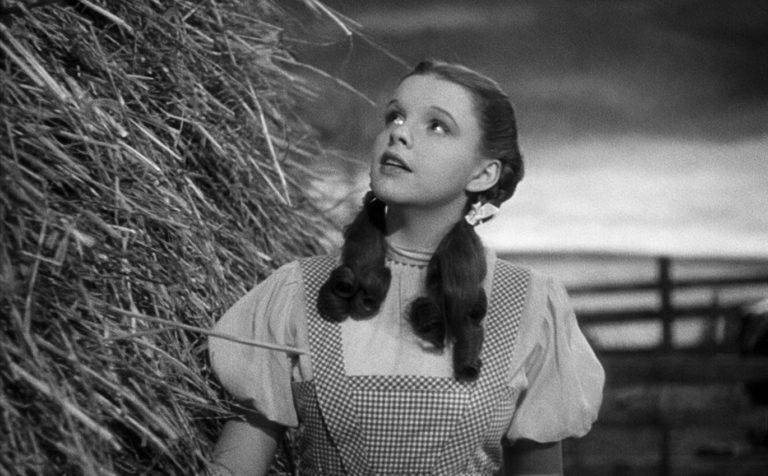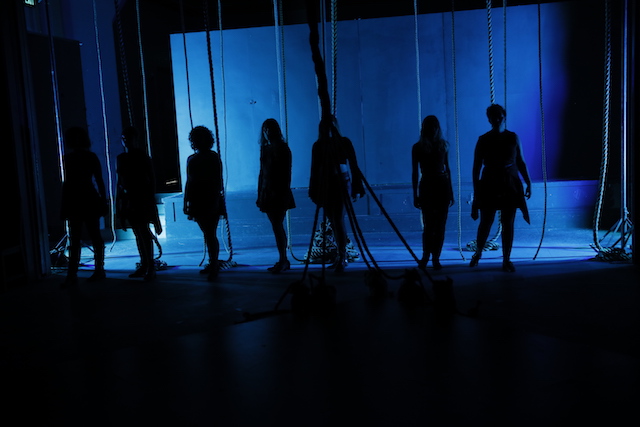The Female Comedic Monologue
If you’re an actor, you know of the famous “set” – that fateful pair of monologues that shows a casting director who you are, as an actor and as a person. It is meant to demonstrate your text analysis skills, as well as your “type” and range. In just a couple minutes it says, “This is what I can do; this is who I can play.” No biggie, right? The thing is, there is a dearth of material available for women, especially in the realm of comedy.
If you’re an actor, you are probably also familiar with the history of theater – specifically the fact that women were banned from performing for centuries, from the inception of theater in Ancient Greece, well into the Renaissance. Throughout that time, men filled women’s parts, telling their stories through their own lens, rather than through an actual woman’s perspective. The history of female playwrights has been even more scarce. Today, only 30 percent of plays being produced in the United States were written by women. The meaning behind these statistics goes far beyond the numbers themselves. This inequality of representation has resulted in a lack of understanding of women’s stories and perspectives. It has allowed the voices of men to dominate the narrative and proclaim what is true for women. It has produced a significant number of shallow, one-dimensional female characters for aspiring and professional actresses to vie for. Women have so few opportunities to exercise their range and ability in comparison to men, and the material available to them is a significant root cause.
There is something that irks me about finding suitable audition material: the “overdone” list. If you are in musical theater, you have probably heard of some songs that are no-no’s for women: “I Dreamed a Dream” from Les Mis, “Defying Gravity” from Wicked, “All that Jazz” from Chicago… the list goes on. Now, don’t get me wrong. I understand that it can be frustrating to casting directors who have to hear these songs over and over again. It gets repetitive and tiresome. The problem is that there isn’t a whole lot else to choose from that suits the average female voice or that has any amount of depth or complexity. Theater is rife with female plot devices that seem to only serve to move the male protagonist’s story forward. This applies to so-called “straight” plays, too. The vast majority of material available to women does not pass the Bechdel Test. That is to say, the woman is either talking to a man, or about a man. I, for one, have better things to talk about. Most of my days are spent discussing ideas and inspiration, not lamenting my troubles in romance. My “main objective” revolves around building a better life for myself and my family – one that is more equitable and free from patriarchal structures. Even more contemporary plays do not do justice to the complexity of a woman’s life, and when they do, they are pounced upon so quickly by women hungry for something of substance, that the material quickly becomes taboo. It is suddenly considered “overdone,” even though people have been demanding Shakespeare for centuries and somehow we still haven’t gotten over that.
There are two solutions that I propose to fill the void where women’s voices currently reside: produce more works by and for women, and consider women for historically male roles. I live in Seattle, WA and there are several companies that are actively engaged in this kind of shift, including Macha Theatre Works, Upstart Crow Collective, and Hedgebrook, among others. They have recognized how vital it is to include women’s voices in the representation of our past, present, and future, and are recruiting more and more women to be a part of their initiative. They are re-imagining the way that we view women in the world by handing them the mic and encouraging them to speak their truth.
My truth is that my life as a young woman is far more complex than the roles I see as available for me to play.
The way our audition system is set up perpetuates a gendered standard of how men and women are expected to behave. We demand that actors prepare material that represents “who they are,” and yet I rarely see myself represented in the material I find. How, then, am I to understand myself as a human being and how I fit into this seemingly crystallized system?
I went to an audition a few days ago where we were told we could prepare anything we wanted. A monologue, a scene, a song, dance, or story. This, of course, led to some pretty interesting presentations. But it split open the bubble of expectation that we, as actors, have been conditioned to protect. I initially planned on pulling out one of my (already tired) monologues – those faithful words that provide some modicum of female empowerment in the audition room – a privilege so seldom granted. But then I realized: I can do whatever I want. And I have never felt more empowered onstage than when I performed my solo show, A Pyrate’s Life: Anne Bonny. I decided to perform a scene that I myself had crafted – a scene that breaks the convention of how women “should” act and puts Anne’s future in her own hands. It is a moment where she takes a leap of faith and changes the course of her life forever. Now, I don’t think my fate is tied up in this audition, but it did offer me a new perspective on the possibilities of auditioning.
We should not let ourselves be restricted by the standards laid before us. We should feel free to take a risk and explore our options. I, for one, will continue to seek out empowering female monologues, but I will also not be limited by gender. I will find material that really speaks to me and resonates with me, rather than that which is defined as “Female, Early 20’s, Comedic.” I hope you will break out the walls of your own prison and continue to challenge the status quo that tells you where you “fit.” Don’t let yourself be boxed in anywhere. Define yourself and who you want to be as a person and an artist. Revolution is the only path toward evolution. Keep rising up.






